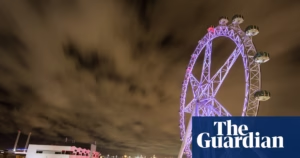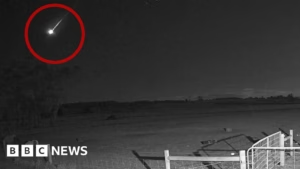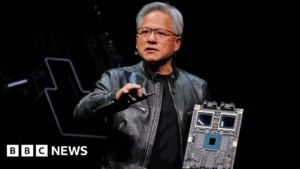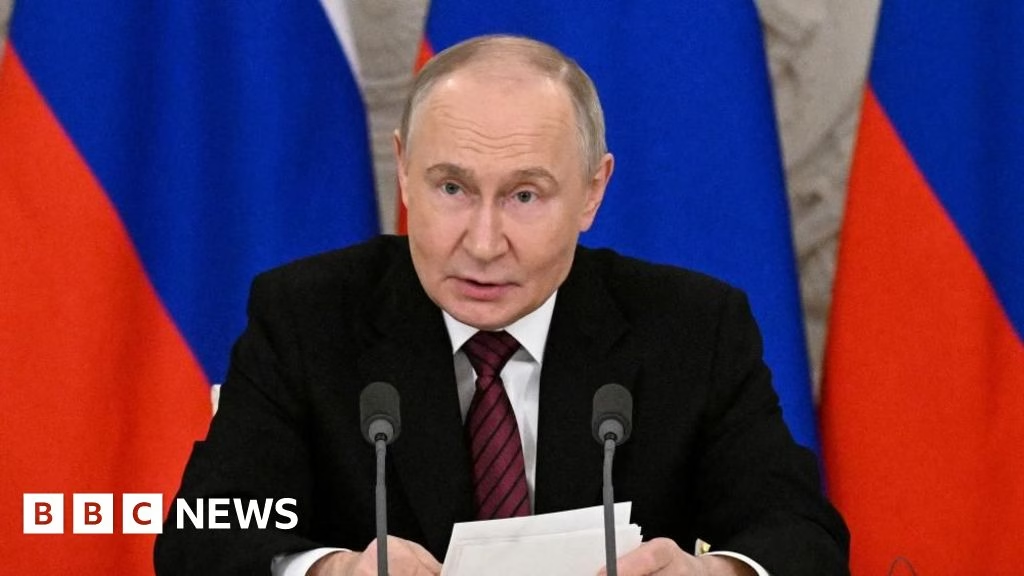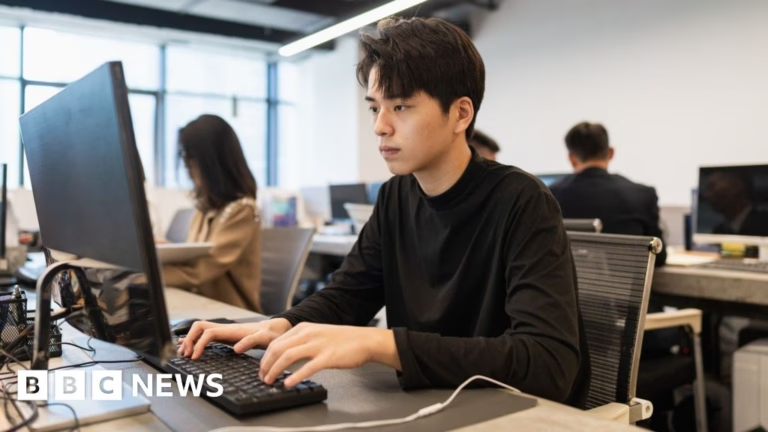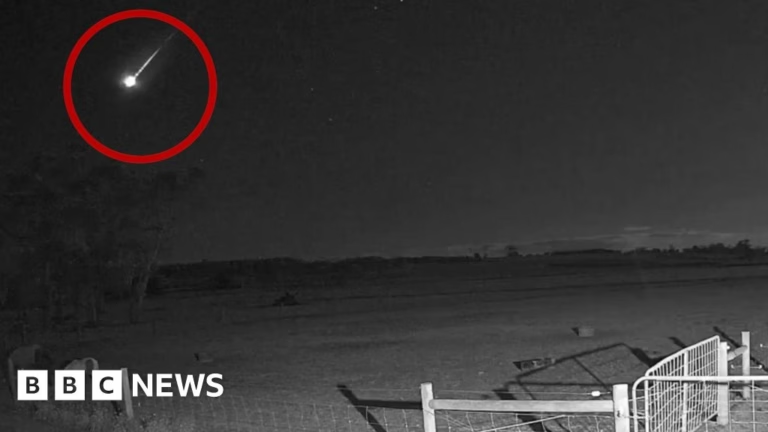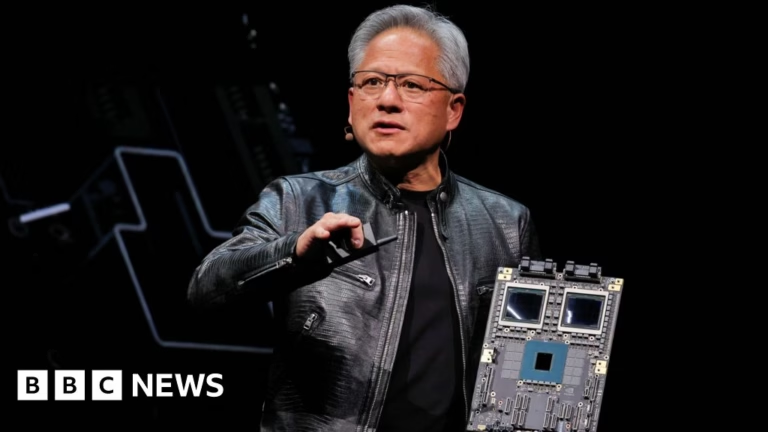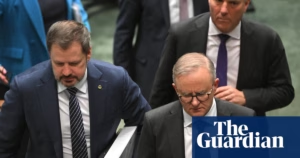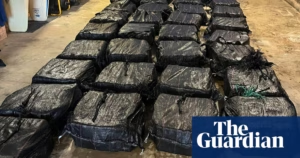In a late-night television address from the Kremlin on Saturday, Russian President Vladimir Putin proposed “direct talks” with Ukraine, urging for discussions to commence “without delay, as early as 15 May”. Putin expressed a desire for “serious talks” to address the underlying causes of the conflict and work towards a lasting peace.
This statement followed a visit to Ukraine by European leaders, including UK Prime Minister Sir Keir Starmer and French President Emmanuel Macron, who called on Russia to agree to a 30-day ceasefire without any conditions.
The Kremlin responded by stating they would “have to think this through”, while cautioning that attempts to pressure them would be “quite useless”. Putin did not rule out the possibility of new ceasefires or a truce resulting from the proposed talks, which he suggested should take place in Istanbul, Turkey, and that he would discuss the details with Turkish President Recep Tayyip Erdogan on Sunday. Ukraine has not yet responded to this invitation.
During their visit, leaders from France, Germany, the UK, and Poland, part of the so-called “coalition of the willing”, met with Ukrainian President Volodymyr Zelensky and issued a joint statement. They warned that if Putin refused to agree to the proposed ceasefire, there would be “new and massive” sanctions imposed on Russia’s energy and banking sectors.
In a subsequent statement, Putin emphasized that the talks’ aim would be to establish a long-term peace, not just a halt to hostilities that could be followed by renewed conflict after Ukraine receives more armaments and personnel. He also accused Ukraine of past failures to engage with Moscow’s ceasefire proposals, including a 30-day halt in attacks on energy infrastructure and the Easter truce.
The proposition for talks comes as NATO allies are set to bolster support for Ukraine at their upcoming summit in Washington, and China is calling for a political resolution to the conflict.
Source: https://www.bbc.com/news/articles/ce821nl3251o

